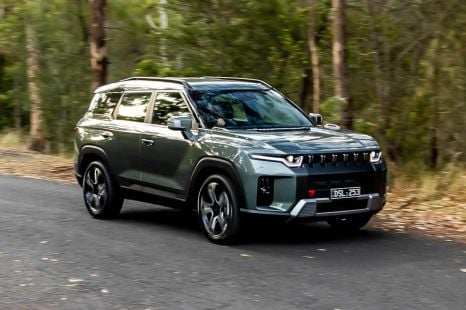

Matt Campbell
2026 KGM Torres Hybrid review
47 Minutes Ago
Batteries are heavy, causing some road safety advocates and structural engineers to suggest potential issues that may manifest.

Senior Contributor
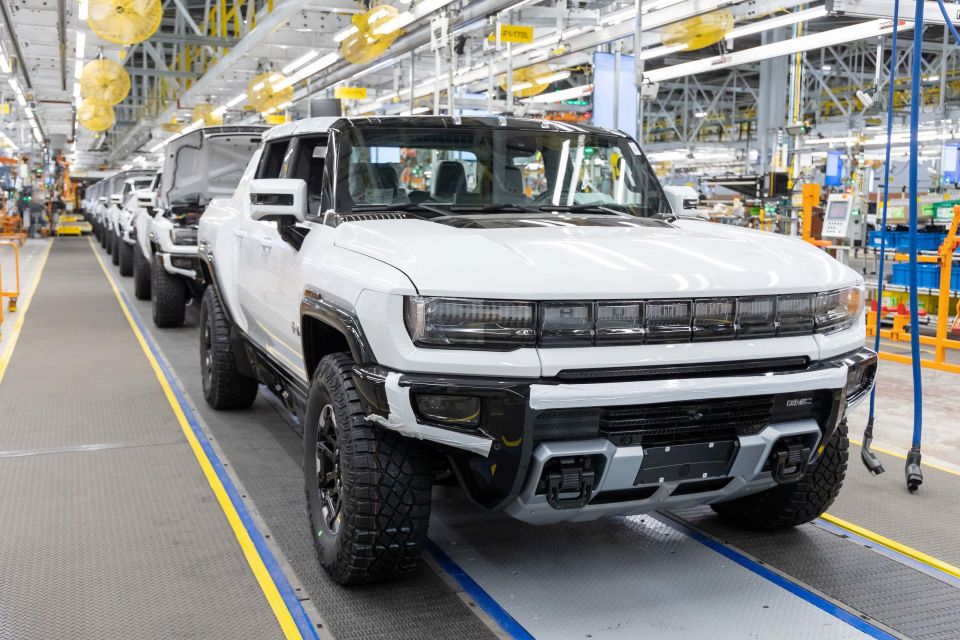

Senior Contributor
The increasing weight and performance of new cars – particularly EVs – makes them a potential danger on the roads, says the chair of the US National Transportation Safety Board.
NTSB Chair Jennifer Homendy delivered a keynote last week outlining her concerns, specifically citing higher-performance and high-mass EVs such as the GMC Hummer EV.
“I want to take a second and mention that I’m concerned about the increased risk of severe injury and death for all road users from heavier curb weights and increasing size, power, and performance of vehicles on our roads, including electric vehicles,” she said.
“A GMC Hummer EV weighs over 9000 pounds (around 4 tonnes)… its gross vehicle weight rating is a staggering 10,550 pounds (4.8t). The battery pack alone weighs over 2900 pounds (1.3t) — about the weight of a Honda Civic.
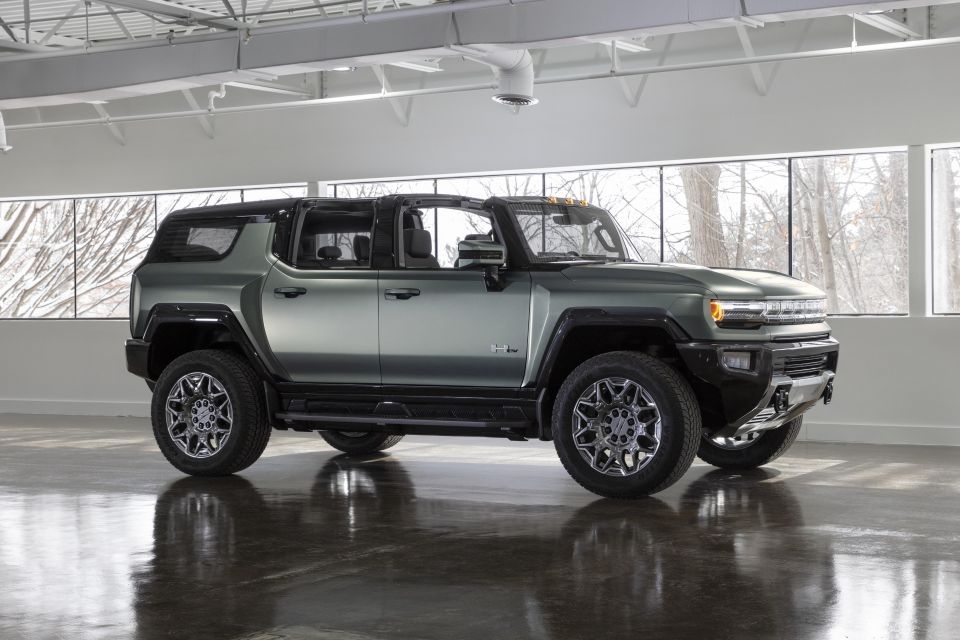
“The Ford F-150 Lightning is between 2000 and 3000 pounds heavier than the non-electric version. The Mustang Mach-E and Volvo XC40 EV… are all roughly 33 per cent heavier. That has a significant impact on safety for all road users.
“Now I want to be clear: I am inspired by the [Biden] Administration’s commitment to phasing out carbon emissions. We do have a climate crisis that needs to be addressed.
“The U.S. transportation sector accounts for the largest portion of U.S. greenhouse gas emissions, and I firmly believe it is a human right to breathe clean air.
“But we have to be careful that we aren’t also creating unintended consequences: more death on our roads. Safety, especially when it comes to new transportation policies and new technologies, cannot be overlooked. Ever.”
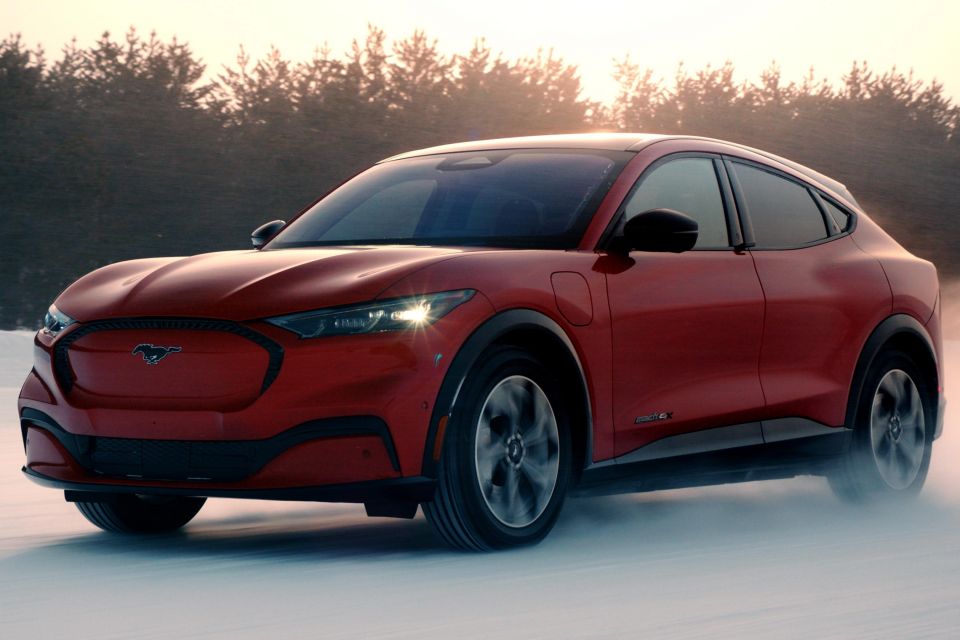
Ms Homendy’s concerns mirror those of the British Parking Association as per this story published last December, in which the lobby recommended loading checks on all older parking structures to avoid a “catastrophic” failure due to outdated weight limits being exceeded.
“When you start seeing the weights of the vehicles that are coming out of the factories, you start to question whether existing standards are adequate,” said structural engineer Chris Whapples.
Food for thought?


Matt Campbell
47 Minutes Ago
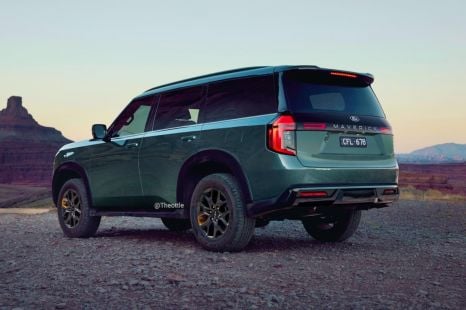

Ben Zachariah
17 Hours Ago
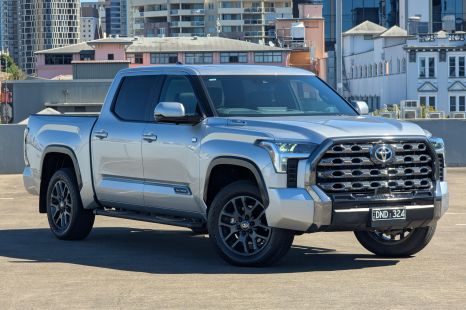

Damion Smy
18 Hours Ago
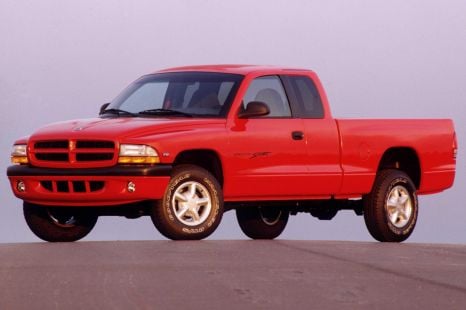

Derek Fung
18 Hours Ago
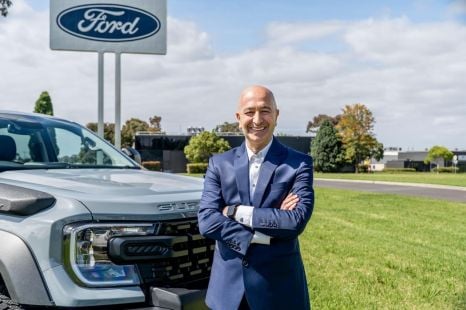

Ben Zachariah
19 Hours Ago
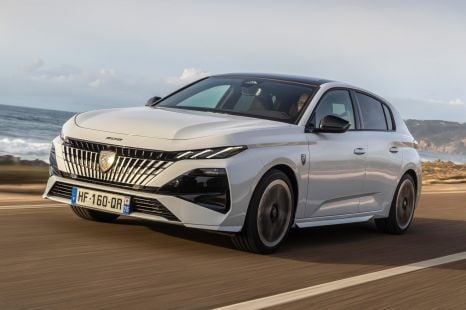

Matt Robinson
1 Day Ago